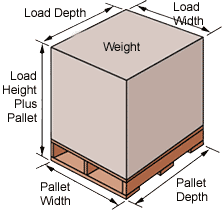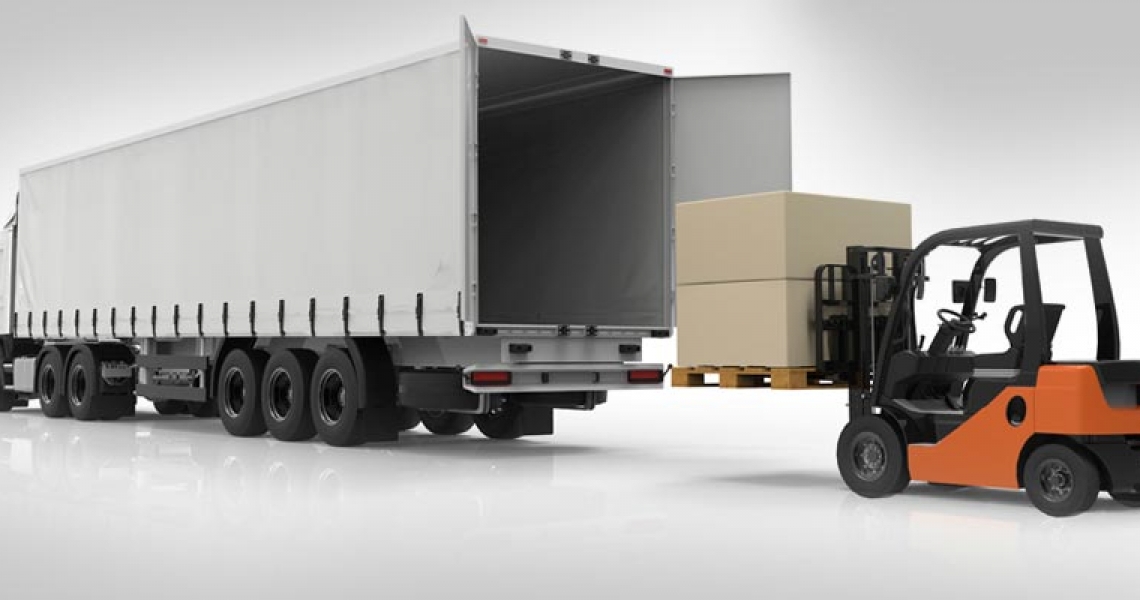When you need to make decisions regarding how to best ship your goods and products, the options can seem overwhelming, especially if this is a new experience. Abbreviations such as LTL and FTL keep popping up and can seem confusing.
In a nutshell:
LTL
-
LTL stands for Less Than Truckload.
-
Using this type of freight option is best when your shipment will not take up an entire truck. In LTL shipping, freight companies combine shipments from multiple companies to fill a truck, maximizing efficiency and decreasing costs. However, as multiple stops are required to load and unload shipments, the time frame for such shipments is considerably longer.
FTL
-
FTL stands for Full Truckload.
-
This freight option is typically used for larger shipments consisting of more than 6-8 pallets. A truck is dedicated to a shipment for a single company.
-
The obvious conclusion is that the FTL option is best when your shipment will fill an entire truck. However, is that the only time to choose FTL?
When to Choose FTL
 1. Size of Shipment - Yes, the first reason is obvious. When your shipment will fill an entire truck, choosing FTL becomes an easy choice. Shipments weighing more than 5,000 to 10.000 pounds are typically best shipped using FTL. However, there are other reasons to choose FTL.
1. Size of Shipment - Yes, the first reason is obvious. When your shipment will fill an entire truck, choosing FTL becomes an easy choice. Shipments weighing more than 5,000 to 10.000 pounds are typically best shipped using FTL. However, there are other reasons to choose FTL.
2. Fragile Shipments - If your shipment contains fragile items that require special handling then FTL is also your best choice. Using FTL ensures that your shipment is not loaded with a variety of other shipments, which decreases the chances of damage. FTL shipments stay on the same truck for the duration of the trip and are not transported on and off multiple times, again decreasing the chances of any damage occurring.
3. High-Value Shipments - Companies shipping high-value cargo need added assurance that their shipment will arrive at its destination safely. Having a truck dedicated to your shipment provides increased reassurance in the safe delivery of your cargo. It also decreases any chance of losing part of the shipment along the way, as your cargo never leaves the truck while on the route.
4. Special Requirements - Cargo requiring special requirements such as a temperature-controlled vehicle, a flatbed trailer, or a dry van trailer are best shipped using FTL.
 5. Time Constraints - Shipments with tight time constraints are often best suited to FTL. As your shipment is the only one loaded on the truck, there is no need for multiple stops along the way to offload different shipments. This can vastly decrease travel time, ensuring your shipment arrives within the required time-frame.
5. Time Constraints - Shipments with tight time constraints are often best suited to FTL. As your shipment is the only one loaded on the truck, there is no need for multiple stops along the way to offload different shipments. This can vastly decrease travel time, ensuring your shipment arrives within the required time-frame.
4. Budget - FTL is definitely more costly than LTL so if your budget is tight, FLT may not be the best choice. You would be better off looking into LTL options.
At American Manufacturing Solutions we are a well-known FTL provider with an excellent reputation! We are ready to answer all of your questions regarding whether FTL or LTL is the best option for your requirements. Contact us today!






